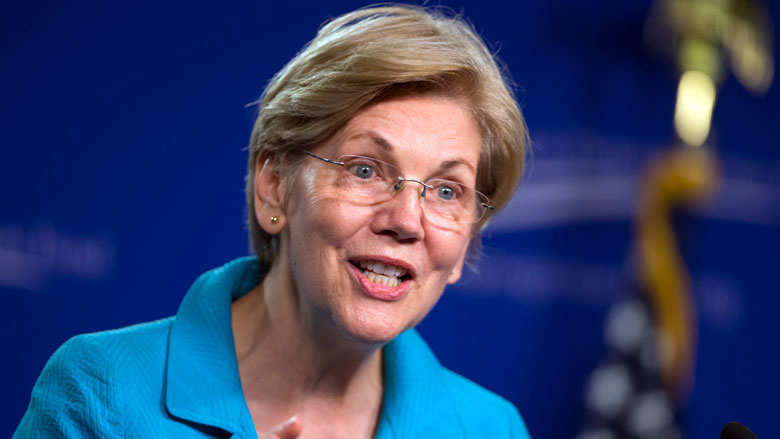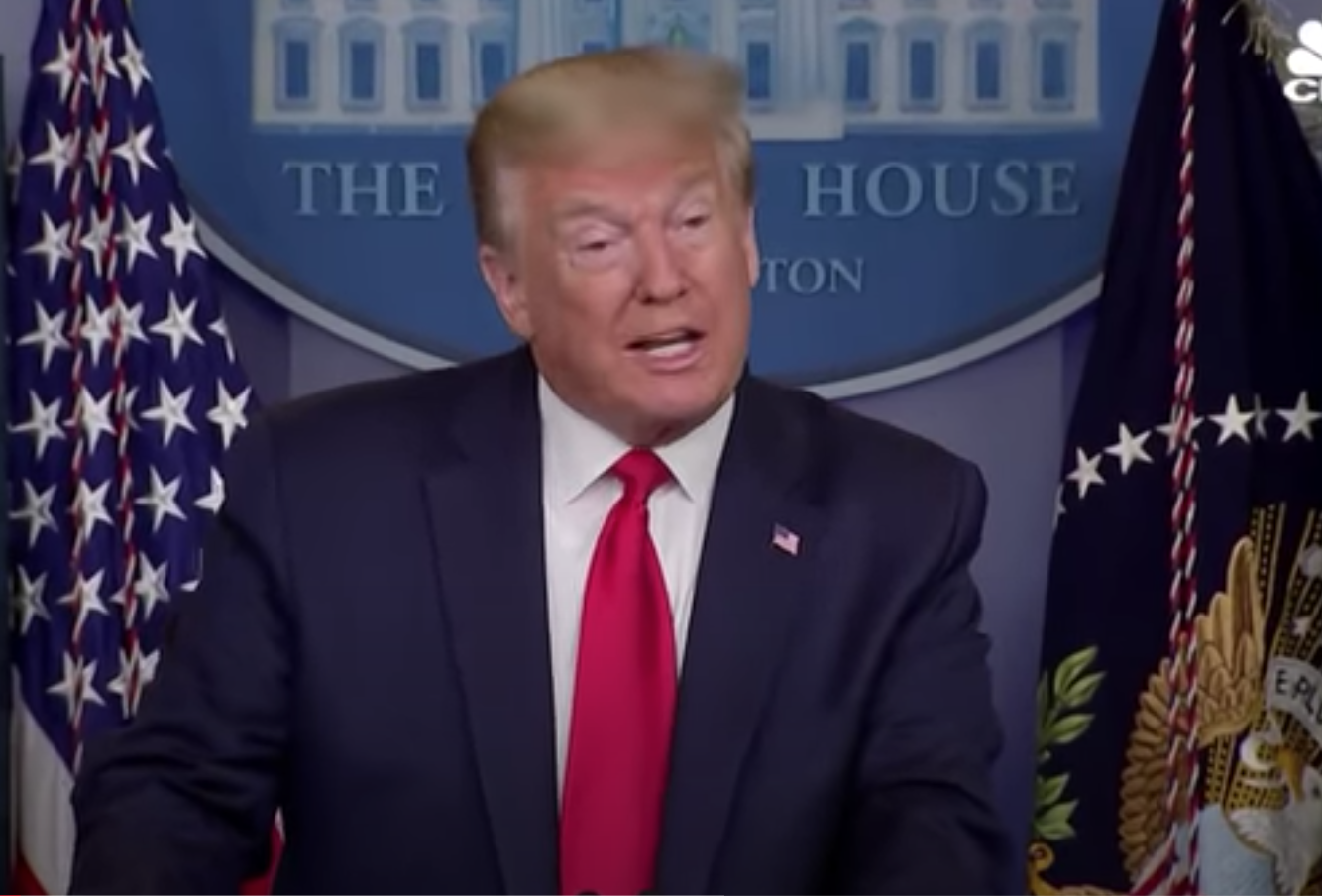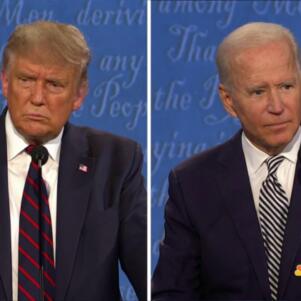For Clinton, Warren offers historic choice for running mate
By Associated Press | July 14, 2016, 6:47 EDT
 Sen. Elizabeth Warren, D-Mass. speaks to the Center of American Progress Action Fund in Washington. Warren is being considered as a vice presidential pick for Democratic presidential candidate Hillary Clinton. (AP Photo/Evan Vucci)
Sen. Elizabeth Warren, D-Mass. speaks to the Center of American Progress Action Fund in Washington. Warren is being considered as a vice presidential pick for Democratic presidential candidate Hillary Clinton. (AP Photo/Evan Vucci) BOSTON (AP) — As Hillary Clinton weighs possible running mates, Elizabeth Warren offers a historic choice.
Warren’s got all the fire any Democratic presidential candidate would want in a 2016 running mate. She’s gleefully taunts Donald Trump and she’s a dogged campaigner and enthusiastic ambassador to the party’s skeptical liberal base of supporters.
On the Democratic ticket with Clinton, Warren would also be a bridge to supporters of former rival Bernie Sanders and a second fist through the glass ceiling to the highest offices in the land. Clinton got there first as the lone woman ever to capture a major party’s presidential nomination in the United States.
Two accomplished women on the ticket — which would be a first for any major party — is a prospect that ignited cheers and excitement when the pair clasped hands and raised them high overhead in a campaign appearance in Michigan last month.
Clinton called Warren a “friend” and a “great leader.” Warren, like Clinton a law school graduate, praised the presumptive presidential nominee for “fighting for the people who need her the most” and for having a “good heart.”
Warren has since been asked to deliver a speech on the first night of the Democratic National Convention.
The campaign rally was a triumphant end to a long journey, during which relations between the two were not always cozy.
Warren once faulted Clinton for supporting a 2001 overhaul of the nation’s bankruptcy system that Warren said favored Wall Street.
In her 2003 book “The Two-Income Trap,” Warren — then a Harvard Law School professor — said that while Clinton had been willing to fight for her beliefs while serving as first lady, as a New York senator “it seems that Hillary Clinton could not afford such a principled position.”
“Campaigns cost money, and that money wasn’t coming from families in financial trouble,” wrote Warren, who has described herself as coming from “the ragged edge of the middle class.”
There are other concerns.
Backers of the 67-year-old Warren worry that as a vice presidential candidate she’d have to tamp down some of her more fiery edges, particularly when going after Wall Street and big banks. Then there’s Republican candidate Donald Trump’s nicknames for her — “Pocahontas” and “the Indian,” — references to Warren’s claim of Native American ancestry.
During the 2012 race for the Massachusetts Senate seat once held by the late Sen. Edward Kennedy, it was revealed Warren had listed herself as having Native American heritage in law school directories from 1986 to 1995. Her Republican opponent, Scott Brown, questioned those claims, suggesting that Warren — who has no documentary evidence of her heritage — was trying to get a leg up early in her career.
Warren pushed back, saying she was told of her heritage from her parents and listed it in the directory to meet others with similar backgrounds.
“I didn’t check a box to go to college. I didn’t check a box to go to law school,” she said at the time.
In the No. 2 spot, however, Warren could wield a bigger bullhorn than she can in the Republican-controlled Senate. And Clinton has begun to adopt some of Warren’s top concerns, including the debilitating cost of student debt.
The Oklahoma native and state high school debate champion initially made her name in politics as a policy wonk. She ran the Congressional Oversight Panel, which monitored the Treasury Department’s handling of the $700 billion bank rescue fund known as the Troubled Asset Relief Program — or TARP.
In 2010, President Barack Obama tapped Warren to oversee the creation of the Consumer Financial Protection Bureau — an entity Warren had long championed.
“Elizabeth understands what I strongly believe: that a strong, growing economy begins with a strong and thriving middle class,” Obama said at the time.
Senate Republicans, however, viewed her as too critical of Wall Street and big banks to head the bureau, and Obama ultimately chose Richard Cordray as director.
That cleared the way for Warren to challenge Brown. She easily won what would be the state’s most expensive political campaign, with each candidate raising and spending tens of millions of dollars.
The victory helped cement Warren as a liberal hero — a reputation she would cultivate during her freshman term by repeatedly zeroing in on Wall Street.
As senator, Warren pursued a political philosophy of communal responsibility that began to take shape after she married at 19, gave birth to two children and pursued a law degree, eventually teaching law at Harvard.
Warren would make the argument throughout her public life that the society that gave her those opportunities largely doesn’t exist anymore.
It’s an argument Warren famously distilled in a much-viewed YouTube video that helped launch her 2012 Senate run.
“There is nobody in this country who got rich on his own,” Warren says in the video, listing off public amenities like roads and first responders needed for a stable economic environment.
“You built a factory, and it turned into something terrific or a great idea, God bless. Keep a big hunk of it,” Warren adds. “But part of the underlying social contract is you take a hunk of that and pay forward for the next kid who comes along.”











